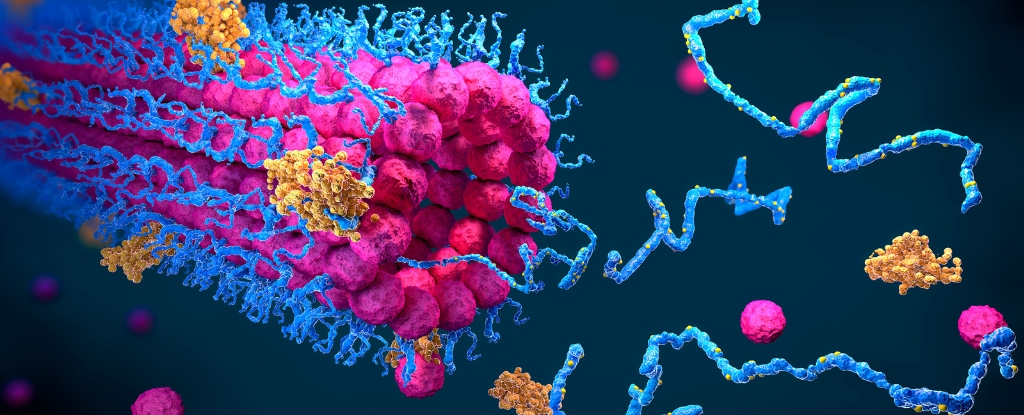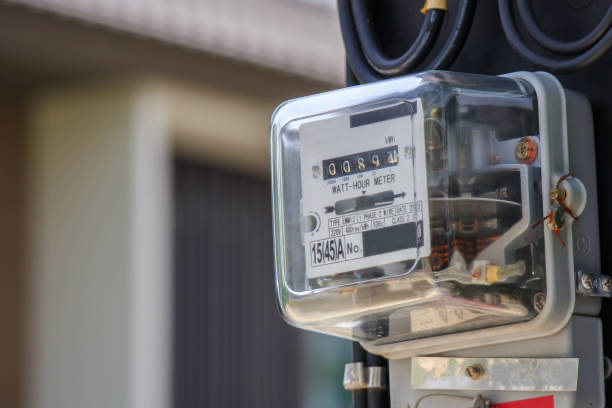Place your adverts here on InfoDig @ low rates; banner ads, sponsored links and guest articles etc. Contact us
By Adedapo Adesanya
Microsoft, on Thursday, announced new healthcare data and artificial intelligence tools to help ease the workload for doctors and nurses.
The tools include a collection of medical imaging models, a healthcare agent service, and an automated documentation solution for nurses.
The tools aim to help healthcare organizations build AI applications quicker and save clinicians time on administrative tasks, a major cause of industry burnout.
According to Ms Mary Varghese Presti, vice president of portfolio evolution and incubation at Microsoft Health and Life Sciences, “By integrating AI into health care, our goal is to reduce the strain on medical staff, foster the collective health team collaboration, enhance the overall efficiency of healthcare systems across the country.”
The new tools are the latest example of Microsoft’s efforts to establish itself as a leader in healthcare AI after previously unveiling a series of health features across its Azure cloud and Fabric analytics platform.
The firm also acquired Nuance Communications, which offers speech-to-text AI solutions for health care and other sectors, in a $16 billion deal in 2021.
Many of the solutions Microsoft announced on Thursday are in the early stages of development or only available in preview.
Microsoft also launched a collection of open-source multimodal AI models that can analyse data types beyond just text, such as medical images, clinical records and genomic data. Healthcare organizations can use the models to build new applications and tools.
Microsoft and Providence Health & Services built a whole-slide model that improves mutation prediction and cancer subtyping.
The models are available in the model catalogue within Azure AI Studio, which serves as Microsoft’s generative AI development hub.
Microsoft also announced a new way for health systems to build AI agents that will help users answer questions, automate processes, and perform specific tasks.
Through Microsoft Copilot Studio, organisations can create agents equipped with health-care-specific safeguards. When an answer contains a reference to clinical evidence, for instance, the source is shown, and a note indicates if the answer is AI-generated. Fabrications and omissions are also flagged, Microsoft said.
Microsoft’s healthcare agent service is available in a preview capacity starting Thursday.
In August, Microsoft announced that the next phase of its partnership with Epic Systems would be dedicated to building an AI-powered documentation tool for nurses, and the company detailed those plans on Thursday.
Epic is a healthcare software vendor that houses the electronic health records of more than 280 million people in the US. It has a years-long relationship with Microsoft.
Microsoft’s Nuance already offers an automated documentation tool for doctors called DAX Copilot, which it unveiled last year. It allows doctors to consensually record their visits with patients, and AI automatically transforms them into clinical notes and summaries.
Ideally, this means doctors don’t have to spend time typing out these notes themselves every time they see a patient.
But so far, DAX Copilot has only been available to doctors. Microsoft said that’s changing. It’s building a similar tool optimized for nurses.
Microsoft is working with organisations like Stanford Health Care, Northwestern Medicine and Tampa General Hospital to develop it.















 English (US) ·
English (US) ·